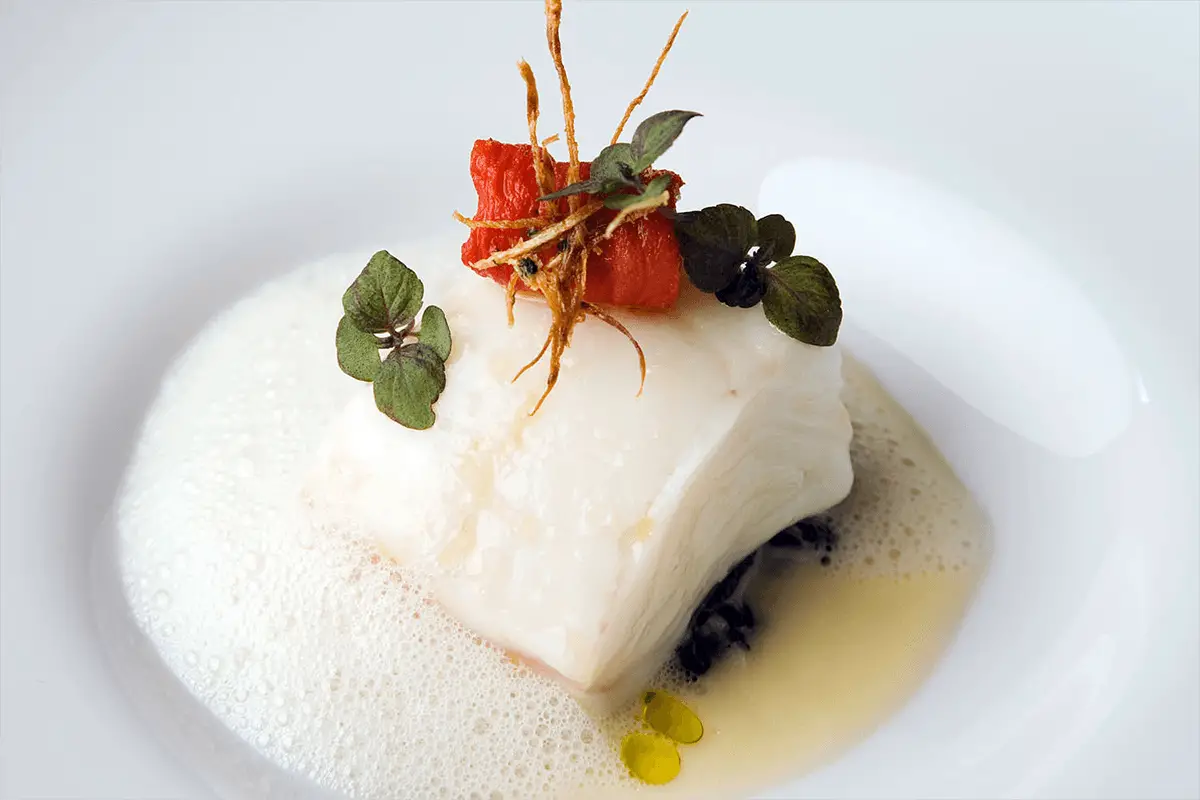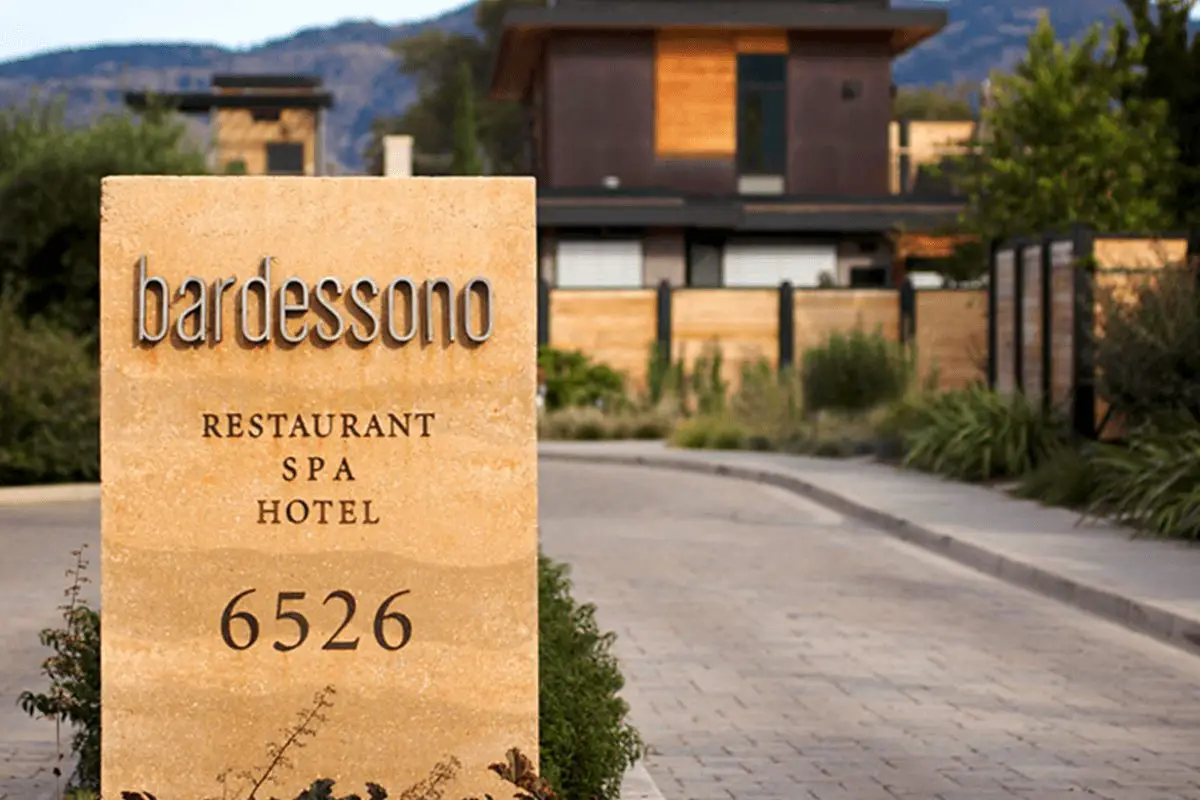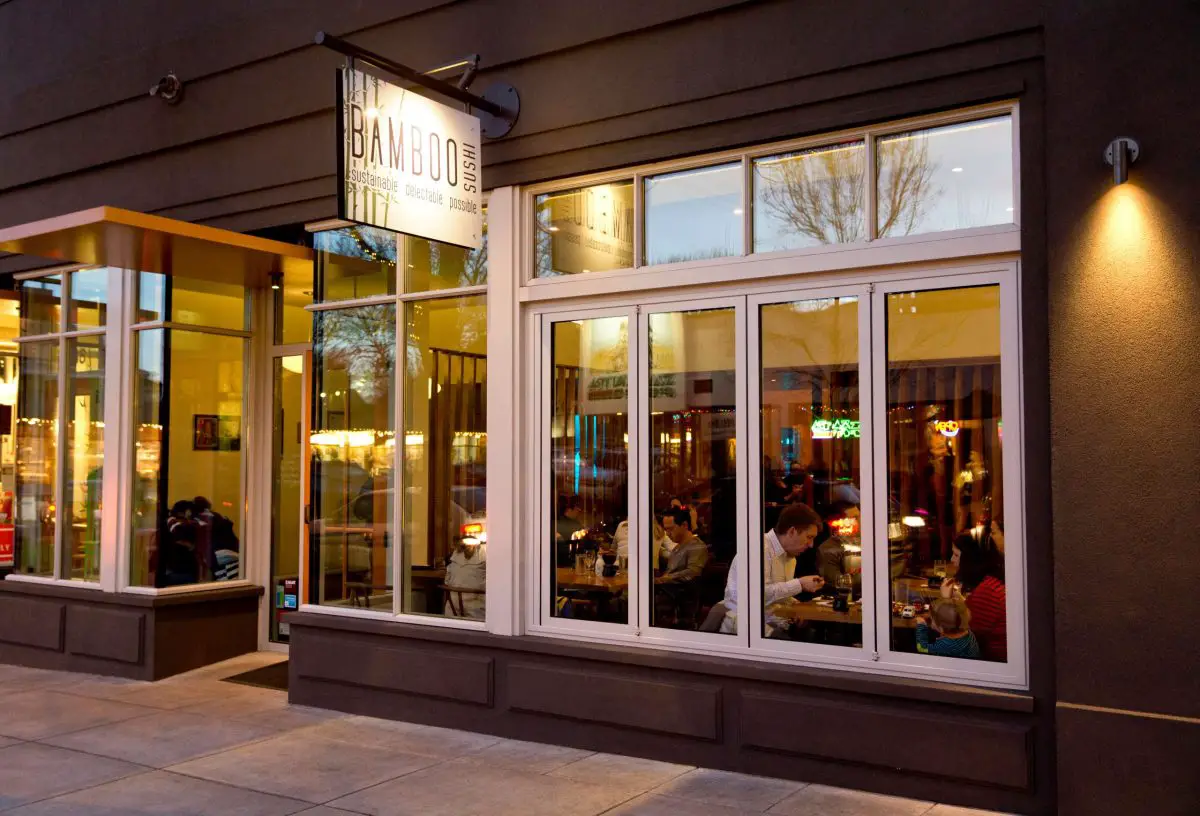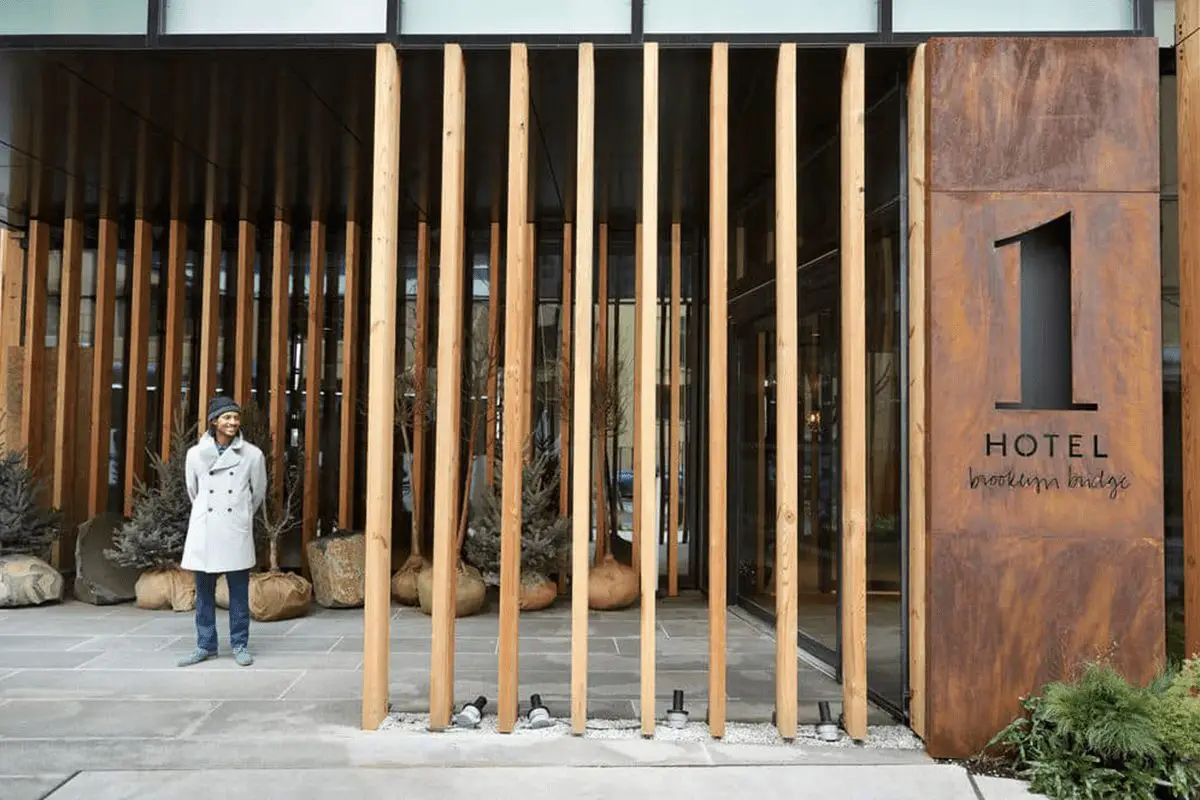The French painter Paul Cezanne once wrote that, “The day is coming when a single carrot, freshly observed, will set off a revolution.” His pronouncement has proved prescient, if not necessarily in the way he predicted. The first shots of the food revolution in the United States were, arguably, fired by Alice Waters at Berkeley’s Chez Panisse, who raised the banner on behalf of local, organic and sustainable cuisine.
The political implications of mixed seasonal greens with local goat cheese have become clear over the decades. She, joined by other chefs and food critics, has educated diners about the health risks of pesticides, the environmental costs of factory farms and the carbon footprints of certain fruits and vegetables imported from South America during our winter.
The solution proposed by countless politically-minded chefs has been to support small-scale farms close to home. And while the cause has been advanced by both humble food co-ops and celebrity chefs, spurring a locavore and farm-to-table movement that has swept across America in recent years, there are a few chefs and restaurants that have garnered particular attention for their use of local ingredients. Many of these chefs and their respective restaurants have also taken the extra step toward environmental practices, in some cases earning LEED-certifcation for their low carbon outputs and sustainability.
Of course, sourcing from local farms and adhering to the latest practices sustainability means nothing if your food is average. Thankfully, when it comes to the food, some of the most environmentally mindful restaurants across the country are now also some of the best, with Michelin stars to prove it. Here are a few that stand out:
Founding Farmers, Washington, D.C.

Quite a few eateries in the Washington, D.C. make area “best of farm-to-table” lists but Founding Farmers stands out from the pack. And no, it’s not because President and Michelle Obama are frequent visitors. It was Washington, D.C.’s first LEED Gold Certified restaurant and the first upscale-casual, full-service LEED Gold restaurant in the country.
Since 2008, Founding Farmers has been an eco-friendly leader in the food and beverage industry. The 8,500-square-foot restaurant was built with reclaimed and recycled materials—heart-of-pine wood from an old textile mill was used for the flooring—and utilized VOC paints and adhesives in its construction. Ninety percent of the construction waste was recycled. The restaurant has an in-house water filtration system, installed low-flow toilets in restrooms and uses biodegradable garbage bags and recycled paper products (menus) throughout the space. The restaurant is carbon neutral, offsetting 100 percent of it’s carbon emissions by purchasing green power credits.
Then there’s the food. Founding Farmers doesn’t always use locally sourced produce and meat because it feels it doesn’t necessarily imply the smallest carbon footprint. Instead, the restaurant buys ingredients from 42,000 family-run farms around the country, thereby helping small farmers, ranches and fisheries. Farms and fisheries include Anson Mills in South Carolina, Piedmont Ridge Farm in Maryland and Cleanfish in California. As a result, the food is flavorful and most importantly, good for you. Brunch showcases regional specialties such as New Orleans–style stuffed French toast and glazed yeast donuts. Supper draws in crowds because of its friendly atmosphere and lovely farmhouse setting. Diners relax at communal wooden tables or comfy booths under reclaimed wood beams and dine on dishes such as line-caught plank salmon and southern pan-fried chicken with white gravy. Even the wines, spirits and beer are from small town distilleries and breweries.
1924 Pennsylvania Ave NW Washington, DC 20006 202.822.8783
ABC Kitchen, New York, NY


While perhaps not known for it, Jean-Georges Vongerichten has served organic and sustainable dishes for quite some time—it just hasn’t been a “thing” for him. In fact, the trademarks of his cuisine has been the exotic touches that can be traced back to his stint at the Oriental Hotel in Bangkok. Vongerichten’s dishes have long been scented by chilis, lemongrass and kaffir lime leaves at his flagship Jean-Georges and his Spice Market restaurants. At Prime, another if his restaurants, the grass-fed and organic steaks that dominate the menu are delicious but not especially sustainable. At ABC Kitchen, on the other hand, the menu is inspired more by the Hudson Valley than Southeast Asia, and while it isn’t vegetarian by any means, meat serves more as an accent rather than as slabs of beef. Here, Vongerichten explores the possibilities of local and sustainable cuisine: whole wheat pizzas are topped with Jersey tomatoes, the potatoes served with his classic blackened sea bass come from upstate.
Eco-decor
The décor of the restaurant also reflects the sustainable ethos: The menus are printed on recycled paper, tables are made from reclaimed wood and the vintage dessert plates and flatware reflect a commitment to reusing and recycling. The waitstaff is outfitted in studied casual outfits of Converse sneakers and flannel shirts – sometimes it feels like the entire borough of Brooklyn has been redecorated in a similar country farmhouse look – but we like that.
While admittedly not the first of their kind, Vongerichten and his executive chef, Dan Kluger, have brought their own particular take on this craze. The free-range fried chicken arrives light as tempura, in a beer batter crust, and while I’m not sure what is local or sustainable about the caramel sundae, it would get my nod for dessert of the year. Other authorities were similarly impressed: The New York Times awarded ABC Kitchen two (of three) stars and the eatery also won the James Beard Award for “Best New Restaurant” of the year. Vongerichten’s rebirth as a locavore is, we hope, not a sign that a chameleon chef has found the latest gimmick to attract diners, and instead that when it comes to what and how we eat, ABC Kitchen is a sign that conscious and not conspicuous consumption is here to stay.
35 E 18th St, New York, NY 10003 212.475.5829
Uncommon Ground, Chicago, IL

Chicago’s Uncommon Ground is the poster child for green restaurants in the United States, and we aren’t the first to have noticed. In 2013, they received recognition from the Green Restaurant Association as the “World’s Greenest Restaurant.” Mayor Rahm Emanuel stated, “Uncommon Ground is a great example of what our city can do and what our country can do, use water and energy more efficiently, grow more sustainable food, while boasting the world’s most sustainable businesses.”
Not only does the restaurant divert 95 percent of its waste from the landfill through a robust composting and recycling program, but they also produce onsite renewable energy. The interior design is warm and earthy, donning wooden table tops from trees that came directly from ones downed in Jackson Park in Chicago.
Rooftop gardens
Most notably, they built the first Certified Organic rooftop in the nation, which patrons can go up and visit. When dining there once, I was pleasantly surprised at how much time their rooftop farmer spent giving me the grand tour of his elevated bounty and explaining the building process. The rooftop is fit with solar panels surrounded by manicured raised garden beds of herbs, tomatoes and more.
Obviously a rooftop can only supply so much for the restaurant, but the local concept goes beyond just their own building, to a commitment to source the majority of their food from local, sustainable organic producers – 24 percent of which comes from within 300 miles of the restaurant. Their menu is constantly changing according to the seasons, which makes each visit a unique experience that gives patrons a strong sense of time and place.
While people rave about the fried chicken and collar greens, true midwesterners like myself will can vouch for their hearty meatloaf, made with local grassfed beef and of course, wrapped in bacon and served with mashed potatoes, brussels sprouts, and fried nordic creamery cheese curds (a product commonly found amidst Chicago’s lively farmers markets). For dessert, I’d venture toward the seasonal crème brulee or s’mores tart.
They support the local economy by more than just helping out local farmers, but also local artisans, as you will regularly find local artist’s work featured inside and local musicians entertaining diners.
In-house brewery
They’ve even gotten into the local brewing business, boasting their own in-house brewery at one location called Greenstar Brewing, where they brew up seasonal, sustainable concoctions that are served up at the restaurant.
On the spirits side, Uncommon Ground created what they call an “eco-cocktail”, the Agripolitan, featuring organic vodka and orchard fruits. This eco-cocktail program has raised funds to plant over 10,000 trees in India as well as to work with Chicago Rarities Orchard Project (CROP) to build a community rare-fruit orchards in Chicago. The eco-cocktail’s ingredients change according to the seasons with varying orchard fruits.
They’ve also received accolades as a World Society for the Protection of Animals (WSPA) Humane Restaurant, The Governor’s Sustainability Award and the Green Business of the Year by the Chicago Chamber of Commerce.
Original Lakeview Location: 3800 Clark Street Chicago, IL 60613 773.929.3680
New Edgewater Location: 1401 West Devon Ave. Chicago, IL 60660 773.465.9801
Providence, Los Angeles, CA


Before he opened a top rated restaurant in Los Angeles (arguably the best if you love fish), Chef Michael Cimarusti grew up on the east coast, in the great state of…you guessed it, Rhode Island, where he spent many a weekend fishing and digging for razor clams.
Cimarusti’s resume is not short on experience, having attended the Culinary Institute of America in Hyde Park, NY (graduating with honors) and honing his skills at An American Place (NYC), The Forager House Restaurant (New Hope, PA) and Le Cirque (NYC).
Cimarusti is completely dedicated to procuring the finest sustainable seafood—from regional coasts and international waters—and treats those ingredients with uncompromising respect and sophisticated technique. “First and foremost, what guides us here is sustainability,” Cimarusti says. “We use only wild-caught, sustainable products, mostly from American waters, and look to highlight their finest qualities.”
The accolades for Providence include multiple James Beard Award nominations; “Top 50 Restaurants in the United States” by Gourmet magazine; “Best Seafood Restaurant” by Los Angeles magazine; the #1 ranking in “Jonathan Gold’s 101 Best Restaurants” in the Los Angeles Times; and two highly coveted Michelin stars.
5955 Melrose Ave Los Angeles, CA 90038 323.460.4170
SingleThread Farm, Healdsburg, California

Since opening in late 2016, no property in Sonoma has received more buzz than this five-room Inn designed by the restaurant architect gurus of AvroKO. Give the Inn and its designers their due but perhaps its greatest asset—bringing people from near and far to its property—is the Japanese-influenced, three-Michelin-starred restaurant which has drawn comparisons to Napa’s French Laundry. And like French Laundry, which helped champion in the use of locally sourced produce and livestock, SingleThread Farm has a full working farm, located five miles away, while a number of their ingredients, such as herbs, fruit, and vegetables, are sourced straight from their beautiful rooftop garden.

Nearly 80 percent of the ingredients come from the owners’ farm, which is located 10 minutes away between the Russian River and the historic San Lorenzo Ranch in Healdsburg, California. Farmed by Head Farmer Katina Connaughton along with the SingleThread Farm team, the property consists of a greenhouse, shade structures, loamy fields, chicken coops, an heirloom fruit orchard, olive trees, beehives, and a cattle paddock all surrounded by Cabernet Sauvignon, Zinfandel, and Chardonnay vines. The farm supplies vegetables, fruit, herbs, flowers, honey, eggs, and olive oil to the restaurant.



